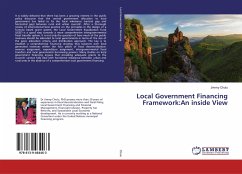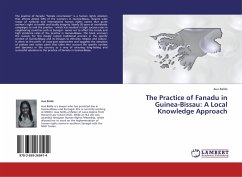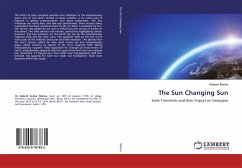It is widely debated that there has been a growing interest in the public policy discourse that the central government allocation to local government has failed to fix the fiscal imbalance (vertical gap and horizontal gap) between rural and urban councils'. After a thorough review of international best practice on the principles in the design of a formula based grant system, the Local Government Equalization Fund (LGEF) is a good step towards a more comprehensive intergovernmental fiscal transfer system. It is not only the question of how much of the public revenues should be allocated to local governments in terms of the size of the pool, allocation criteria and distribution approach. The key is to establish a comprehensive financing strategy that balances own local generated revenues within the four pillars of fiscal decentralization: revenue assignment, expenditure assignment, intergovernmental fiscal transfers and local government borrowing powers. Many studies on local government financing argues that providing adequate grants to the councils' cannot fully deal with horizontal imbalance between urban and rural ones in the absence of a comprehensive local government financing.








